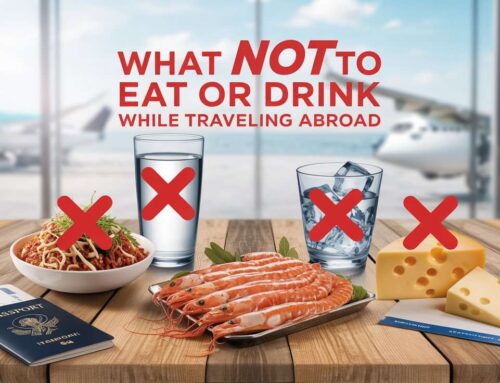The Impact of the Israel-Hamas Conflict on Travel and Holidays
Introduction:Israel-Hamas Conflict
Imagine packing your bags for that long-awaited holiday, only to be halted by news flashes of a distant conflict. The Israel-Hamas conflict, apart from its political and humanitarian implications, inadvertently cast a shadow on global travel and holiday plans. How did this geopolitical episode reshape the travel terrain? Let’s journey through it.
Immediate Interruptions to Travel Plans It started with the tickers—flights to certain destinations canceled, others rerouted. The reason? Safety first. No holiday dream is worth risking lives. Moreover, travelers, in the face of potential danger, often found themselves reconsidering and postponing their getaways.
The Economic Toll on Tourism Every empty seat on a plane, every vacant hotel room, echoed a loss. Tourist hotspots, especially those in proximity to the conflict, witnessed a slump. Nations relying heavily on tourism revenues found themselves grappling with an unforeseen economic challenge.
Changing Traveler Sentiments “Is it safe?” became the pressing question. Travelers, even those seasoned with globetrotting, became wary. The usual holiday destinations witnessed a dip, while quieter, perceived-as-safer locales saw unexpected visitors. Additionally, many travelers deferred their trips, waiting for a more stable global climate.
The Ripple Effect on the Travel Industry It wasn’t just about the tourists. Airlines had to adapt, often at significant costs. Hotels and tour operators felt the pinch of reduced bookings. And globally recognized tourism brands? They faced the daunting task of reassuring travelers while navigating an unpredictable situation.
Travel Advisories and Insurance Impacts Governments worldwide sprang into action. Travel advisories were updated, often urging citizens to exercise caution or avoid certain areas altogether. And in the backdrop, travel insurance companies found themselves revising policies, covering unforeseen conflict-induced cancellations.
Finding Opportunities Amidst Challenges Yet, as history has shown, adversity often breeds innovation. The dip in international tourism saw a resurgence in domestic travel. People explored their own backyards, rediscovering local wonders. The travel industry, adapting to the digital age, introduced virtual tours and experiences, ensuring wanderlust was catered to, even from home.
Conclusion While the Israel-Hamas conflict undeniably cast a temporary shadow over travel and holidays, it also illuminated the resilience and adaptability of the global travel community. As peace endeavors continue, the hope is for a world where travel dreams aren’t deferred by discord.

























